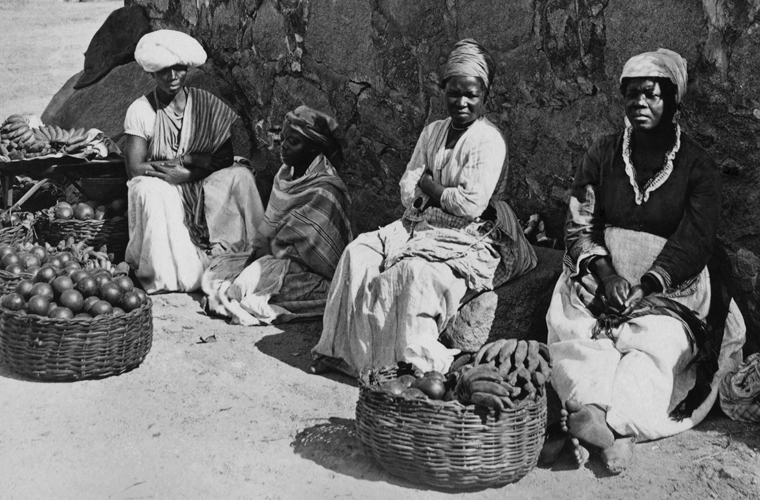Salvador da Bahia, commonly referred to as Salvador, is a vibrant city located in the northeastern region of Brazil. As the capital of the state of Bahia, Salvador holds a rich historical and cultural significance, making it a popular destination for tourists and a fascinating place to explore. The city of Salvador is known for its diverse and colorful culture, which is heavily influenced by its African heritage. With a population of over 2.8 million people, Salvador is the third-largest city in Brazil and is a major hub for music, dance, and traditional cuisine.
One of the most iconic features of Salvador is its historic center, known as the Pelourinho. This UNESCO World Heritage site is home to an impressive collection of colonial architecture, including colorful buildings, churches, and cobblestone streets. The Pelourinho is also a center for live music, art galleries, and artisanal shops, making it a must-visit destination for anyone interested in history and culture.
In addition to its rich history, Salvador is also famous for its lively festivals and celebrations. The city is particularly well-known for its Carnival, which is one of the largest and most vibrant in Brazil. During Carnival, the streets of Salvador come alive with music, dancing, and elaborate parades, attracting visitors from all over the world. Salvador’s location along the coast also makes it a popular destination for beachgoers. The city is home to several beautiful beaches, including Porto da Barra and Flamengo Beach, where visitors can relax in the sun, swim in the warm waters of the Atlantic Ocean, and enjoy fresh seafood from beachside vendors.
In addition to its cultural and natural attractions, Salvador also offers a variety of culinary experiences. The city’s cuisine is heavily influenced by its African roots, with dishes featuring ingredients such as palm oil, coconut milk, and seafood. Visitors can sample traditional Bahian dishes such as acarajé, moqueca, and vatapá at local restaurants and street stalls throughout the city. For those interested in learning more about Salvador’s history and culture, the city offers a range of museums and cultural institutions. The Afro-Brazilian Museum provides insight into the African influence on Brazilian culture, while the Museum of Modern Art showcases contemporary works by local and international artists.
Overall, Salvador da Bahia is a city that offers a unique blend of history, culture, and natural beauty. From its vibrant festivals and historic landmarks to its beautiful beaches and diverse cuisine, there is no shortage of experiences to be had in this captivating city. Whether you are interested in exploring its rich heritage or simply soaking up the sun on its stunning coastline, Salvador has something to offer for every type of traveler.


